Blog - Page 7
The Secret Giants of Kruger: Unveiling the Marvels of Insect Life
Kruger National Park's ecosystem is sustained by key insects: African Honey Bees vital for pollination, Dung Beetles enriching soil, Mopane Worms as food sources, Army Ants controlling insect populations, and Termites as crucial decomposers. These species are essential for the park's ecological balance and biodiversity.
Plant Powers - The Medicinal Flora of Kruger National Park
Kruger National Park in South Africa is a hub of medicinal plants like Marula, Devil's Claw, and Aloe Vera, pivotal in traditional African medicine and modern science. Supported by sustainable conservation efforts and eco-tourism, these plants are crucial for health and maintaining biodiversity, showcasing the importance of preserving this natural heritage.
African Birds of Prey: Masters of the Skies
Africa's skies are home to a diverse array of birds of prey, each with unique adaptations for hunting and playing crucial roles in their ecosystems. Species like the African Fish Eagle and Peregrine Falcon showcase the continent's avian diversity and evolutionary marvels, while vultures, often overlooked, serve as vital ecological stewards.
Nighttime Wildlife in Kruger: Exploring the Nocturnal World
Kruger National Park transforms into a mysterious nocturnal world at twilight, revealing its captivating nocturnal creatures, each uniquely adapted to the dark. The elusive leopard, the independent African wildcat, the acrobatic bush baby, the stealthy spotted hyena, and the enigmatic civet are just some of the fascinating species that embody the vibrancy and diversity of Kruger's nightlife. This nocturnal safari offers a unique experience to wildlife enthusiasts, promising an unforgettable adventure into the heart of South Africa's nocturnal beauty with Needles Lodge.
The Baobab: Africa's Iconic "Tree of Life"
The baobab tree, an African icon, symbolizes resilience and life, deeply rooted in African culture and ecosystems. Revered in folklore and vital in maintaining ecological balance, it offers shelter and sustenance to diverse species and serves as a communal hub, with its uses ranging from medicine to crafts. Eco-tourism, particularly in areas like Kruger National Park, plays a key role in its conservation, raising awareness and funds to protect this majestic tree, its biodiversity, and cultural heritage, thereby preserving its legacy for future generations.

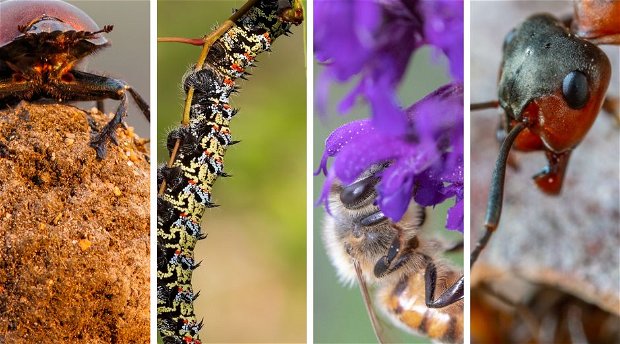
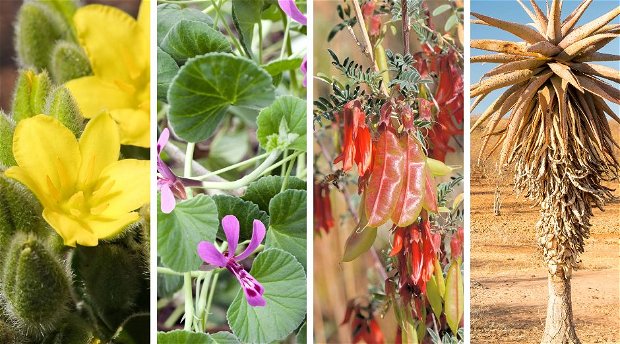
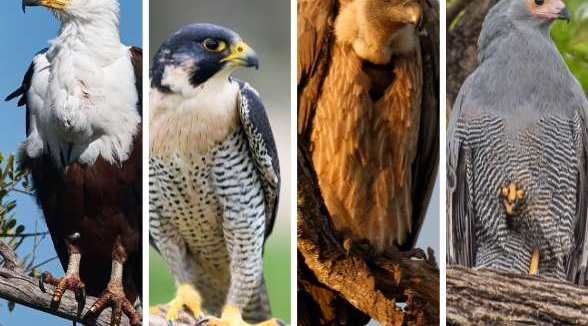
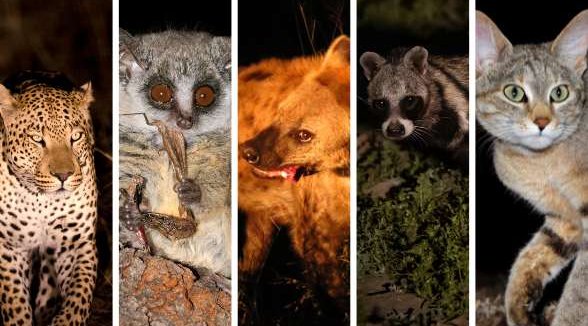
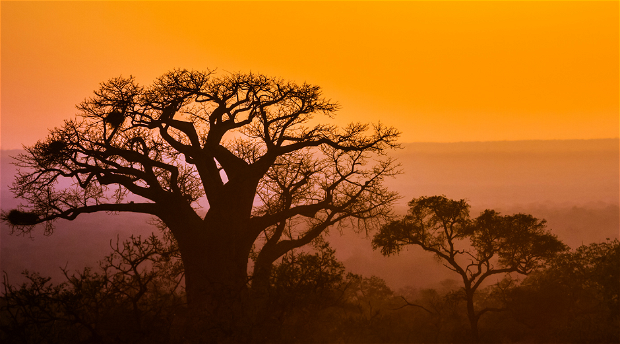
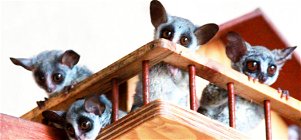
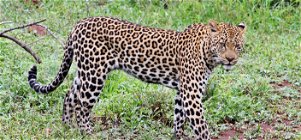
Share This Page